
Think like Elite AI PMs • Daily product management skills with AI • Making a system for Product Management without so much guesswork ($99) 👇🏼
5 subscribers
How to get URL link on X (Twitter) App

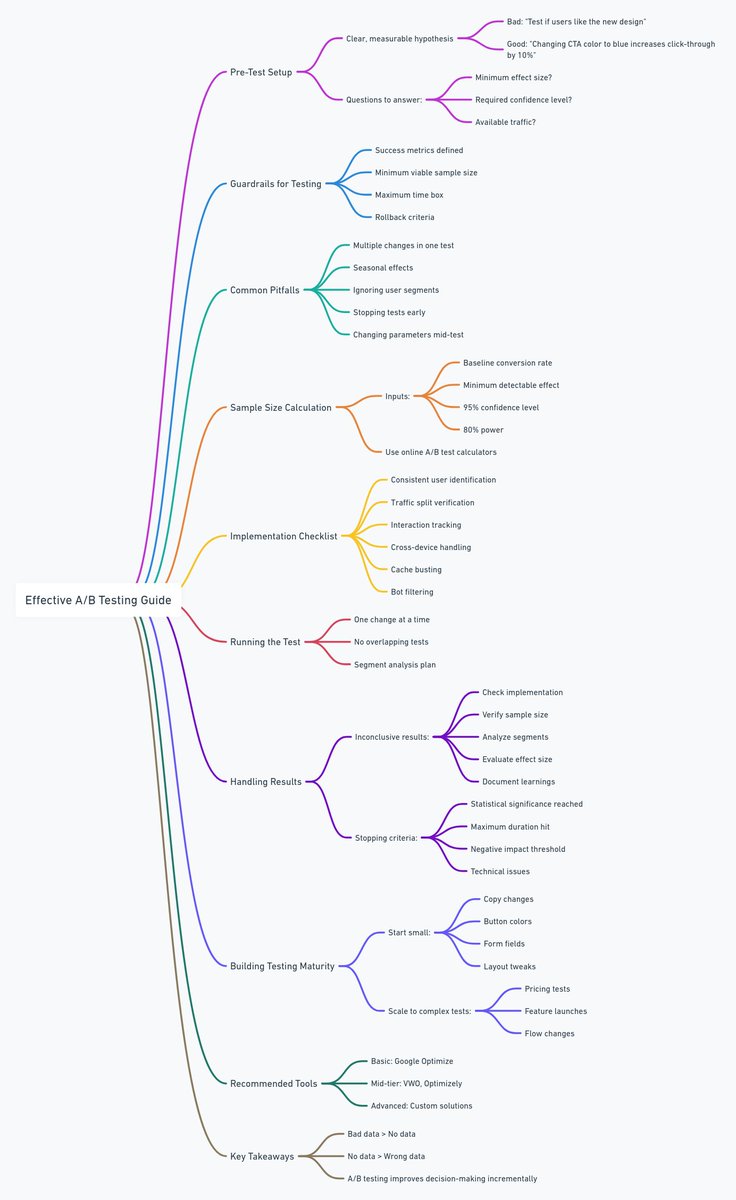
 1/ The first rule of A/B testing:
1/ The first rule of A/B testing: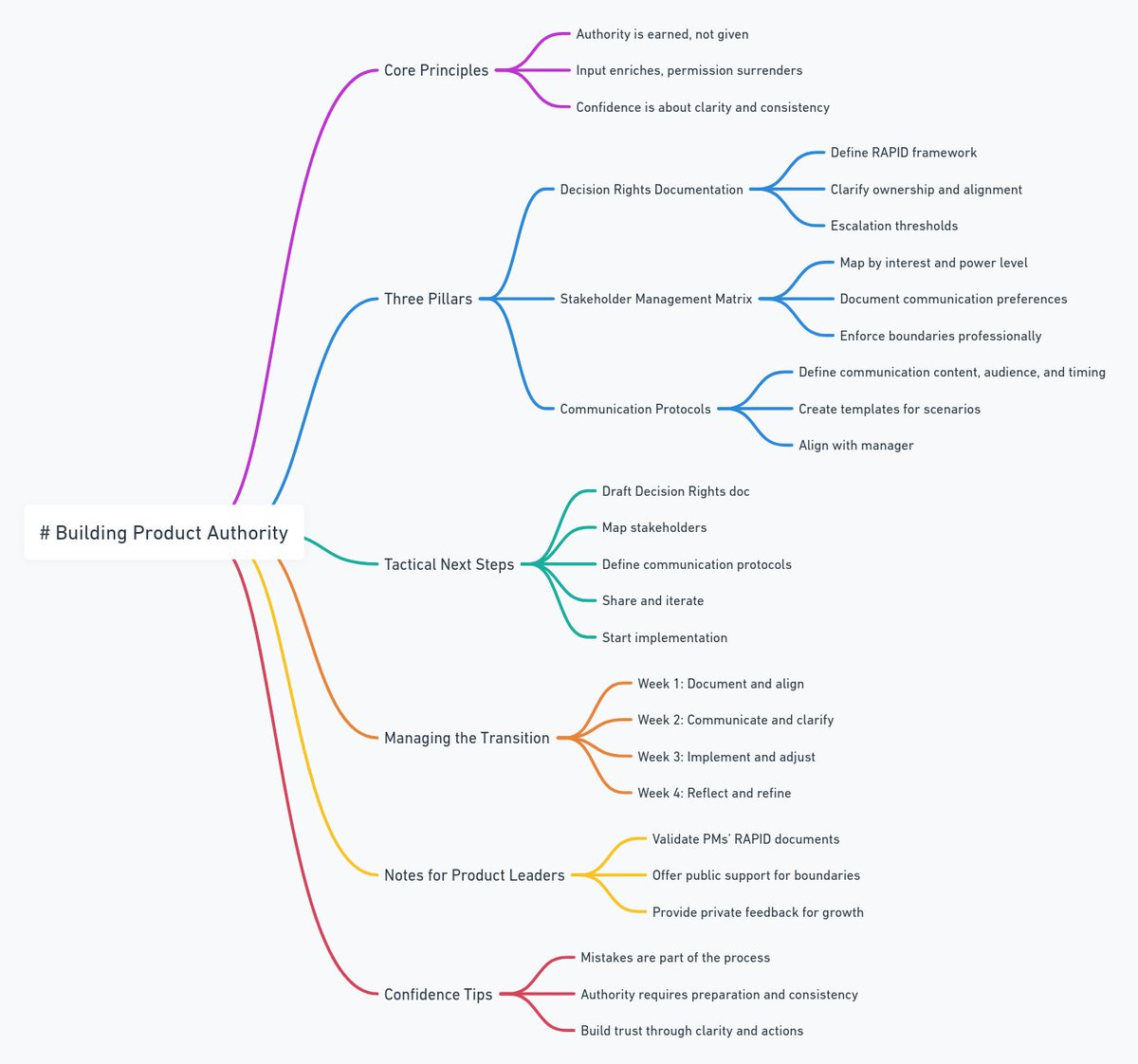
 1/ The hard truth: No one will ever hand you a "product authority license."
1/ The hard truth: No one will ever hand you a "product authority license."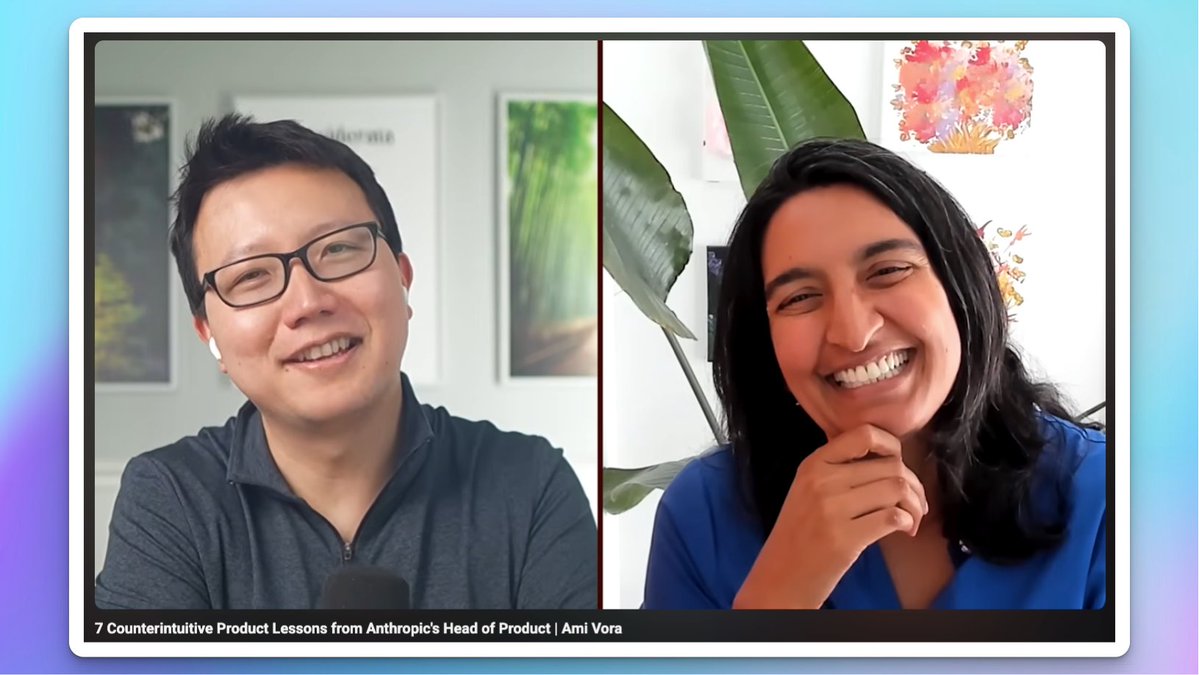
 1. Everyone is more tired than you think.
1. Everyone is more tired than you think.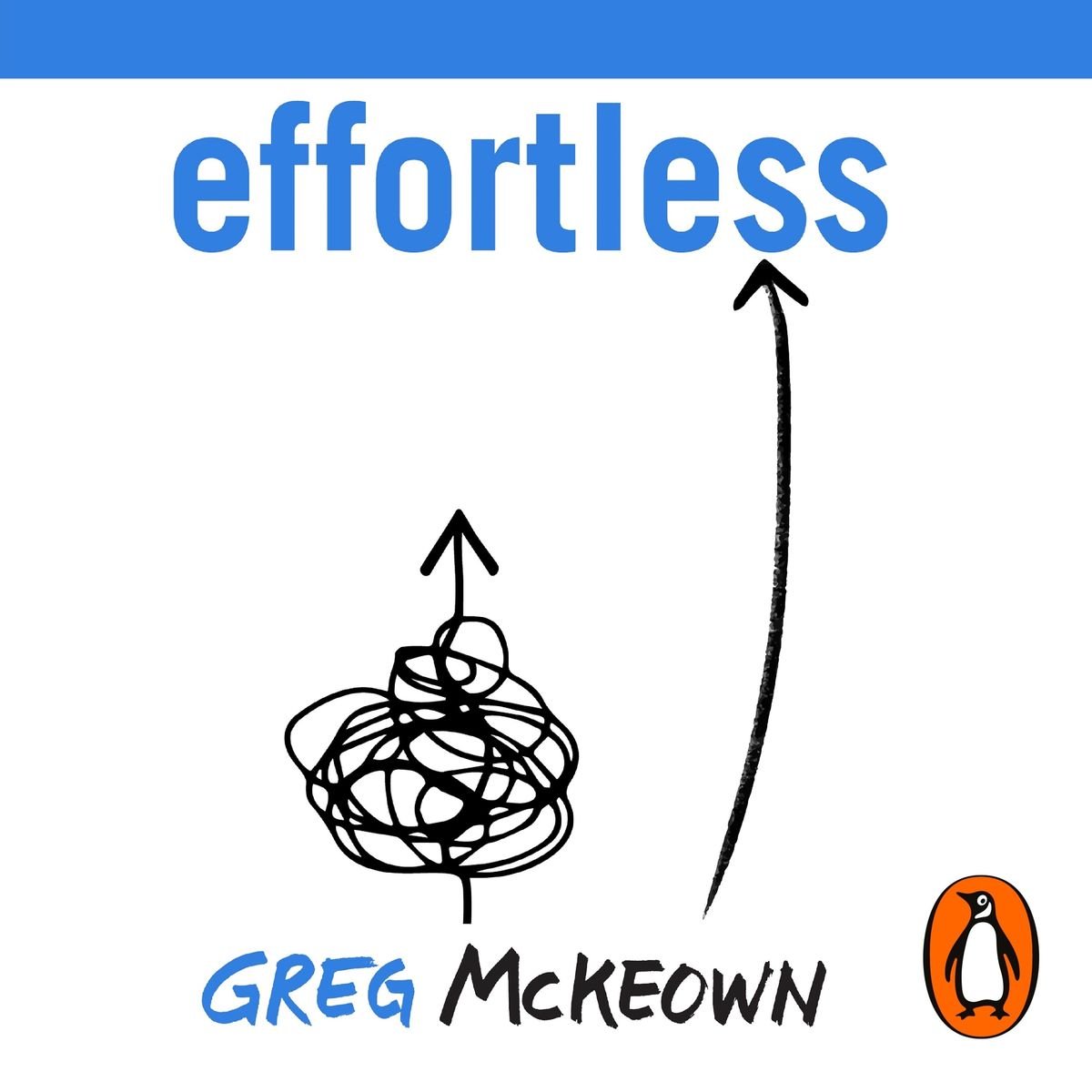
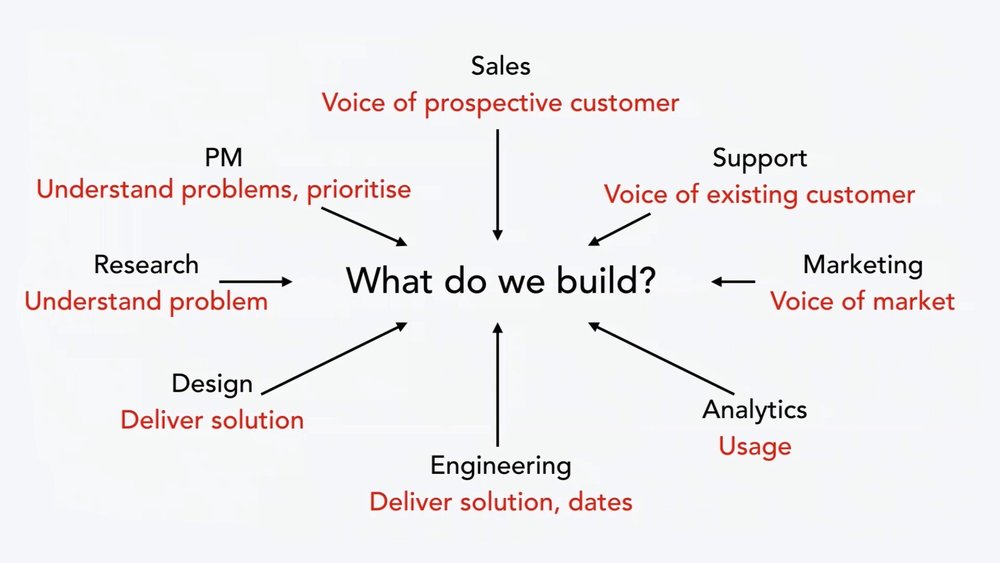
 1/ Sales: The Future-Focused Hunters
1/ Sales: The Future-Focused Hunters